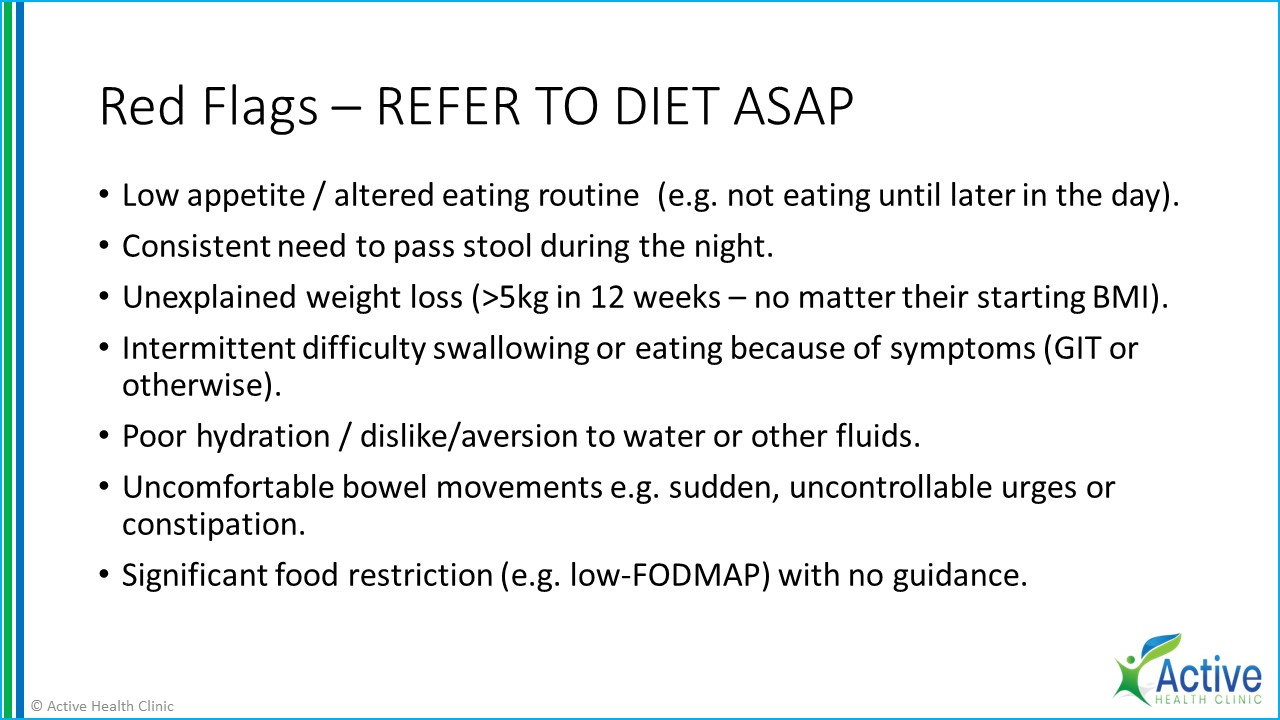Nutrition for POTS Part 1 Presented by Luke Hassan, APD

Overview of Postural orthostatic tachycardia syndrome (POTS)
You might have heard a little about invisible illnesses, and perhaps your keen to learn a more. Postural Orthostatic Tachycardia Syndrome (POTS) is one such invisible illness. In Nutrition for POTS Part 1, Luke Hassan APD shares broadly about the syndrome. Recognise POTS as it presents in your clients so you can be prepared to assess and deliver nutrition intervention when it is indicated.
POTS sits under the umbrella of Autonomic Nervous System Dysfunction or Dysautonomia. It has two primary types: Hypovolemic POTS and Hyperandrogenic POTS. The syndrome is defined by:
an increase in heart rate of >30 bpm within 10 minutes of standing; symptoms that present mostly when upright; and symptoms that have presented for more than 3 months.
Essentially, it’s an interruption to the normal function of the ANS. This system typically manages the impact of gravity on blood circulation. Dysfunction, and resulting systemic over-compensation, gives rise to POTS symptoms.
These signs and symptoms are broad and reach across multiple body systems. Luke addresses them in detail:
- Cardiovascular
- Homeostatic
- Neurological
- Chronic Pain
- Gastrointestinal
The value of dietetic involvement becomes self-evident as the nutrition impacts span eating behaviour, physical function, GI symptoms, cravings and more. You’ll recognise the typical presentations of IBS, eating disorders and anxiety clients within the descriptions making it very much in our scope to understand this syndrome. Learn more about POTS to become a compassionate and effective support.
Nutrition for POTS Part 2 Nutrition intervention is the second of this two-part series.
Luke has also presented for Education in Nutrition on Long COVID and chronic fatigue syndrome

